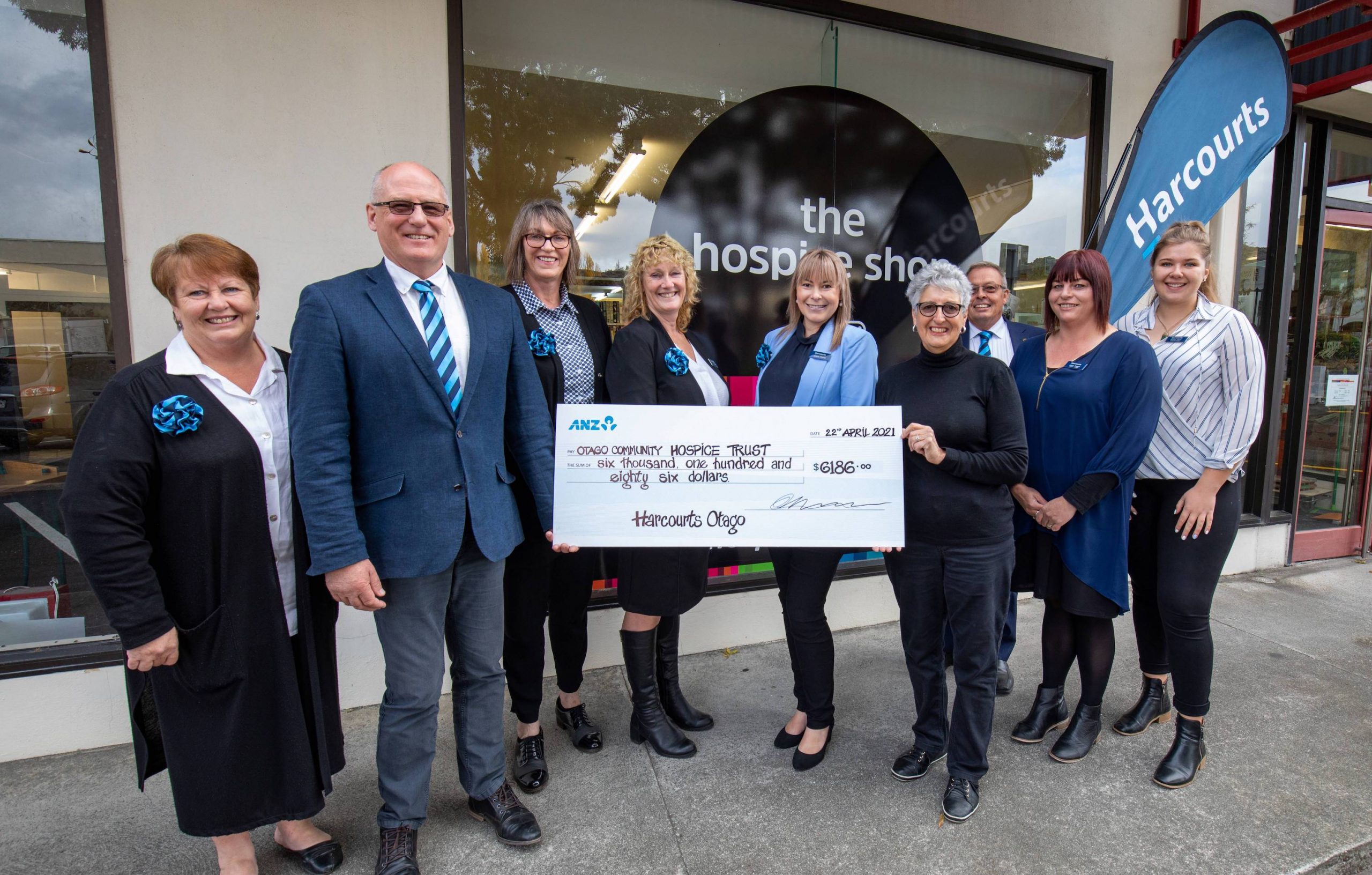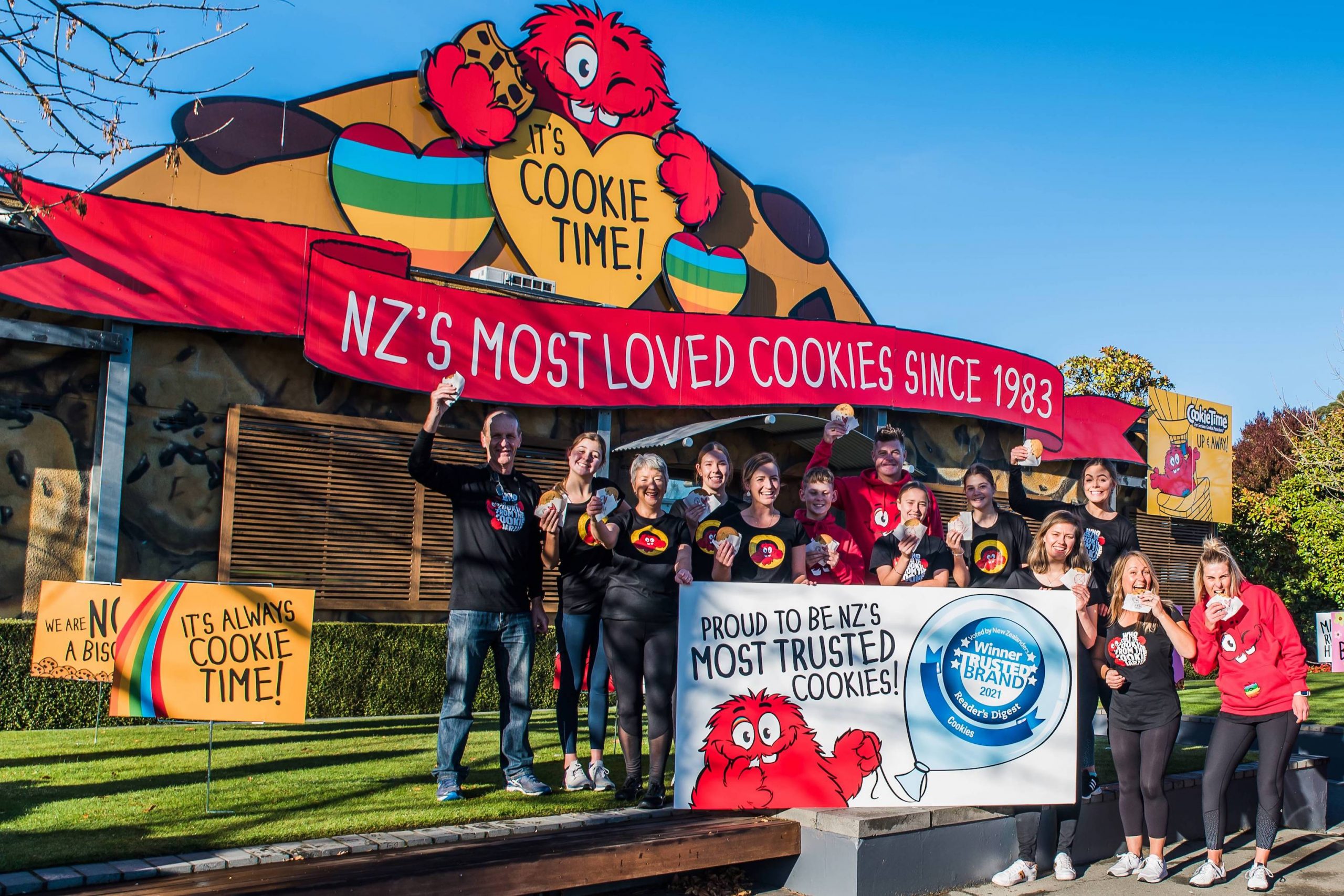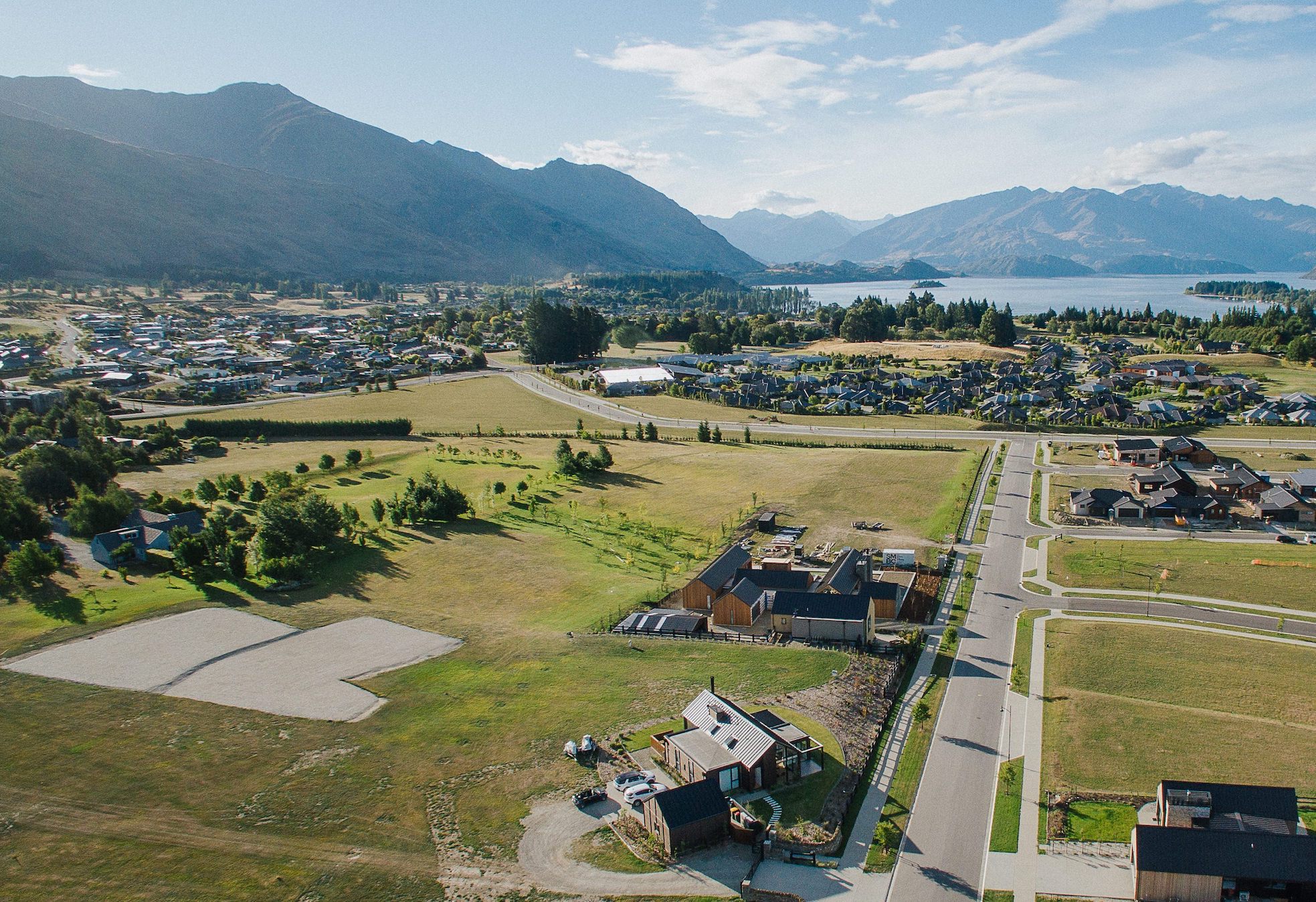Moves by Government agencies to stop accepting cheques are callous, short-sighted and infringe fundamental human rights for more than a million New Zealanders, according to the Dyslexia Foundation of New Zealand (DFNZ).
Moves by Government agencies to stop accepting cheques are callous, short-sighted and infringe fundamental human rights for more than a million New Zealanders, according to the Dyslexia Foundation of New Zealand (DFNZ).
DFNZ addressed the Parliamentary Finance & Expenditure Select Committee this morning (April 7) supporting a petition by Port Waikato MP Andrew Bayley challenging moves by Government agencies such as the IRD, ACC and Kiwibank to stop accepting cheques. It is calling for an inquiry to assess whether such agencies have and will put in place adequate provisions for people who cannot safely access or afford to access government services electronically.
Guy Pope-Mayell, DFNZ Chair of Trustees, says DFNZ estimates more than 1 million people with dyslexia or other neurodiversities* may be negatively impacted by having the ability to pay by cheque removed. On top of that there is a large cohort of people with disabilities, the older population and people who are sight-impaired who are similarly impacted.
“With Covid-19 and lockdowns, some moves by IRD, ACC and other businesses to ditch cheques last year have slipped a little under the radar. The reality is that denying people the ability to make payments by cheque removes a fundamental human right to equitably access goods and services,” Pope-Mayell says.
Issues of financial independence, privacy, convenience and mental wellbeing arise with this denial. Other groups which have submitted concerns to the Select Committee include Blind Low Vision NZ (formerly the Blind Foundation), St John, Federated Farmers, Grey Power and Rural Women New Zealand.
“There is a callous irony in removing cheques as a payment option at the same time as inclusion is high on the political agenda. Society generally is moving at light speed towards inclusion and taking measures to ensure that barriers are identified and removed,” Pope-Mayell says.
“In fact, the Accessible Aotearoa Act, championed by the Access Alliance, is a cross-party supported piece of legislation due to go before Cabinet next month that aims to identify and remove barriers for New Zealanders with temporary or permanent impairments. Creating a barrier by eliminating cheques is completely at odds with this.”
In a nutshell, individuals with dyslexia and other neuro-disabilities tend to find internet banking highly stressful, with fear of inputting wrong information or pushing the wrong button leading to financial loss. The older population and people who are sight-impaired also face these stressors.
“Failing to navigate the internet banking process successfully then impacts mental wellbeing, adding to feelings of vulnerability, lack of confidence and low self-esteem. Privacy issues arise if people have to ask others to help, and in the process have to disclose personal financial information, and the risk of scams is also ever present,” Pope-Mayell says.
Another disadvantaged group is those without easy access to internet banking services, and those who cannot afford digital devices.
“While this issue may seem of little consequence to those who are ‘digital natives’ it is of deep concern to a wide cross-section of society,” Pope-Mayell says.
*Based on international occurrence, DFNZ conservatively estimates at least 10% of the New Zealand population have dyslexia, and at least 20% of the population collectively have some form of neuro-difference, such as Aspergers, Autism, Dyscalculia, Dysgraphia, ADHD, Traumatic Brain Injury or Fetal Alcohol Syndrome.
ABOUT DYSLEXIA FOUNDATION NEW ZEALAND
DFNZ’s mission is to increase the awareness, recognition, understanding and acceptance of dyslexia as an alternative way of thinking. DFNZ is focused on action-oriented activities to champion change for dyslexic individuals, and on providing information, tools and resources to inspire others to do the same.
Since inception in November 2006, DFNZ has built its reputation on successful advocacy and action and has become the foremost lobby group in this area. From lobbying the Government for dyslexia to be officially recognised, achieved in 2007, through to working closely with the Government on the inclusive education agenda and raising the Youth Court age, the landscape has been fundamentally changed.
In advocating for dyslexia, DFNZ has noted that experiences and issues for those dyslexia are often similar to those for other neurodiversities. And that getting it right for dyslexics means getting it right for all. For a number of years, therefore, DFNZ has included other neurodiversities within the scope of its work. DFNZ has successfully run a number of dyslexiaadvocacy/action weeks between 2007 and 2015. In 2016, DFNZ convened a landmark Neurodisabilities Forum to explore vulnerability in the justice system. In October 2020, it hosted the Neurodiversity Leadership Workplace Forum focused on recognising the strengths of diverse brains in the workplace, and earlier this year it hosted a Belief Change Family Forum to foster paradigm change (mindshift) in understanding and harnessing the strengths of dyslexia and neurodiversity.





